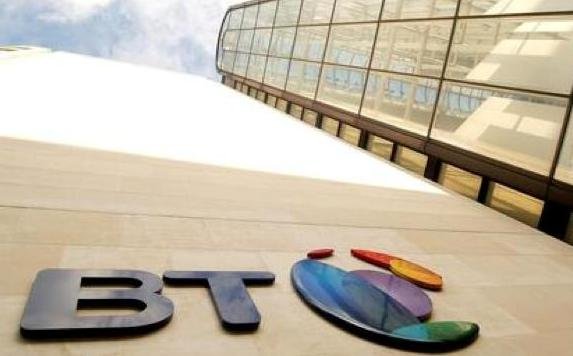Rupert Wood, lead analyst for Analysys Mason’s Fixed Networks research program, on the acquisition of EE by BT:
For BT the deal is much quicker, more dependable, but much more expensive, way of gaining customer share in mobile market than its previous MVNO + femtocell approach. BT gets a good brand and a great network, and we’d expect to see some rebranding.
Read: Deutsche Telekom, Orange sell EE to BT for GBP 12.5 bn
Both will benefit from synergies in SAC / lower churn. There is strong evidence form other European markets that quad-plays have this effect.
Fixed-mobile substitution is dead. In the past mobile business was based on the idea that it would gradually replace fixed. This is not happening, and the rise of connected TV makes it impossible. Mobile alone cannot make further great inroads into the consumer data market
– because no mobile network can carry the volumes of data required to substitute fixed fibre (Ofcom recently reported fixed data traffic growing at much faster rates than mobile, and the average fixed broadband connection carrying around 100 times more traffic than a mobile broadband connection).
– because fixed plus Wi-Fi is now the default indoor network for nearly all consumer wireless traffic
In the long run, infrastructure and very local physical presence will supplant spectrum as the key scarce resource for mobile. The spectrum of the wireless networks of the future will be plentiful and probably shared. Fixed operators with their own fibre infrastructure for backhaul have a head-start in terms of infrastructure and local presence. Unlike most European counterparts, BT has a functionally separated wholesale access division, so in theory the acquired EE would be at no advantage. But the fact that BT has a large retail broadband customer base will confer significant advantage because in the long run there will be synergies in combining retail broadband with wireless backhaul.
The deal creates synergies in transmission. Mobile is a large (45%), but currently shrinking part of the total telecoms business in UK. But fixed operators cannot easily grow revenues, and mobile operators are seeing pressure on profits that can be mitigated through synergies in transmission.
The big operators are divesting mobile-only plays. Turn 180 degrees, and you see the latest example of a phenomenon across Europe. The sale of EE is the last stage in major multinational operators Deutsche Telekom and Orange divesting their stakes in mobile-only operators. Telefonica has done the same (and O2 UK is likely to be sold), and Vodafone has been busily buying up fixed operators. Vodafone UK is likely to launch re-enter fixed market this month, but its moves in other European markets have been dramatic.
source: Analysis Mason






